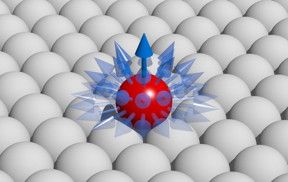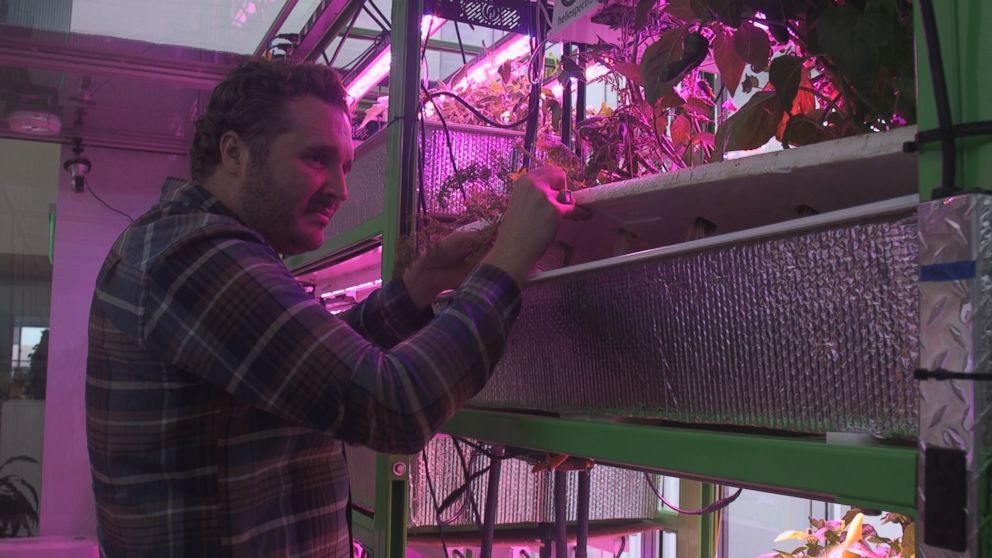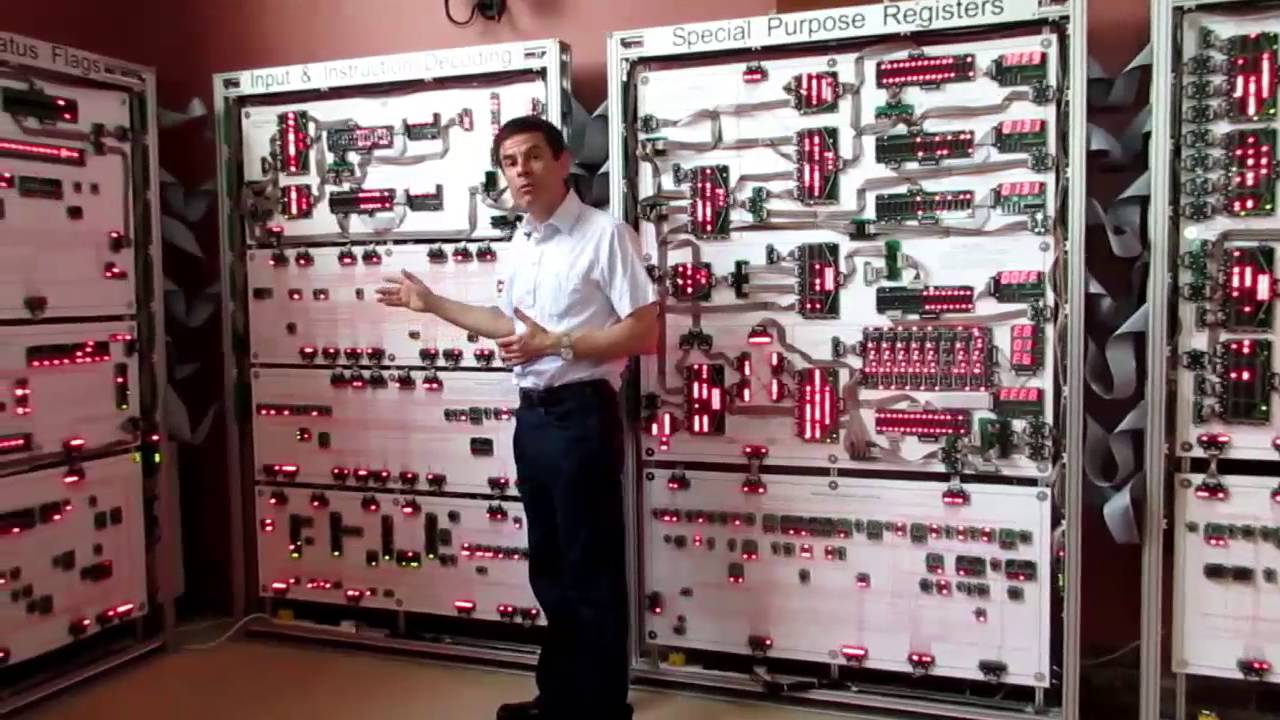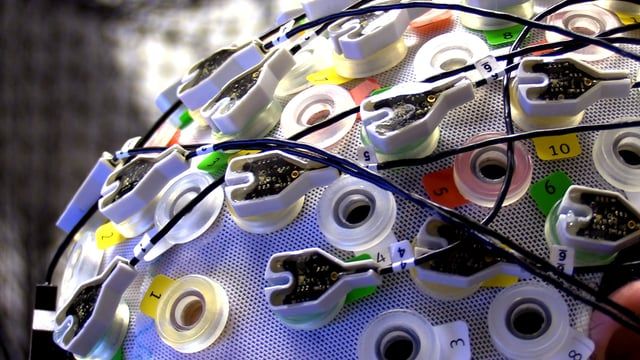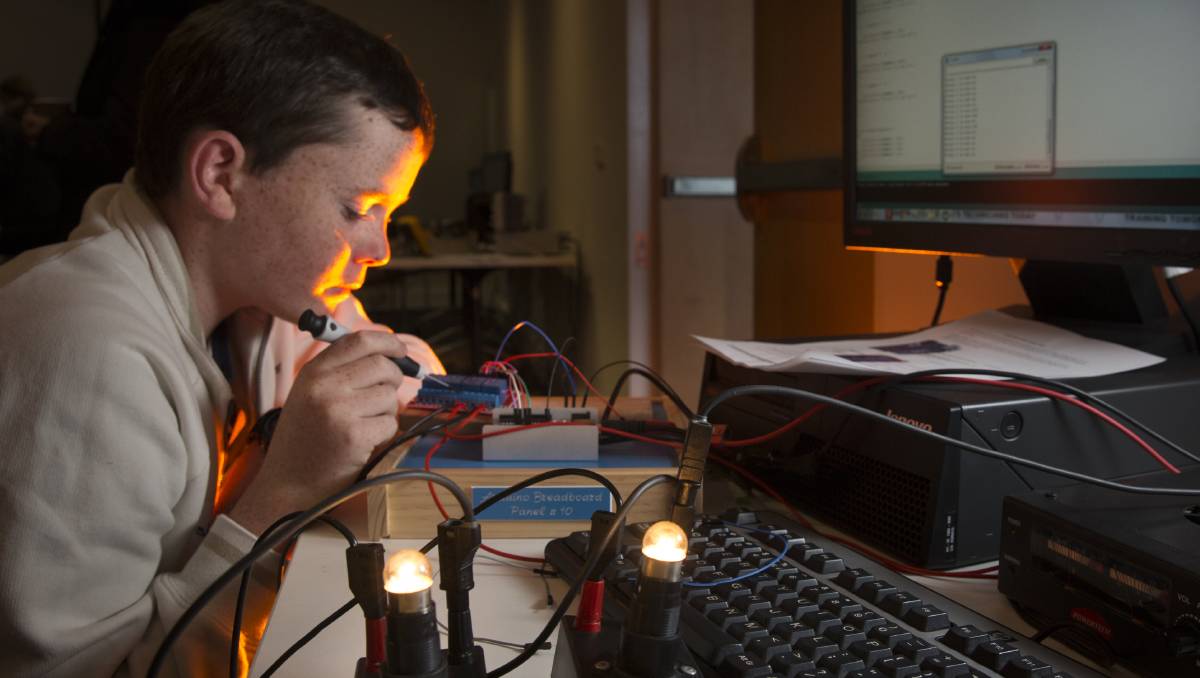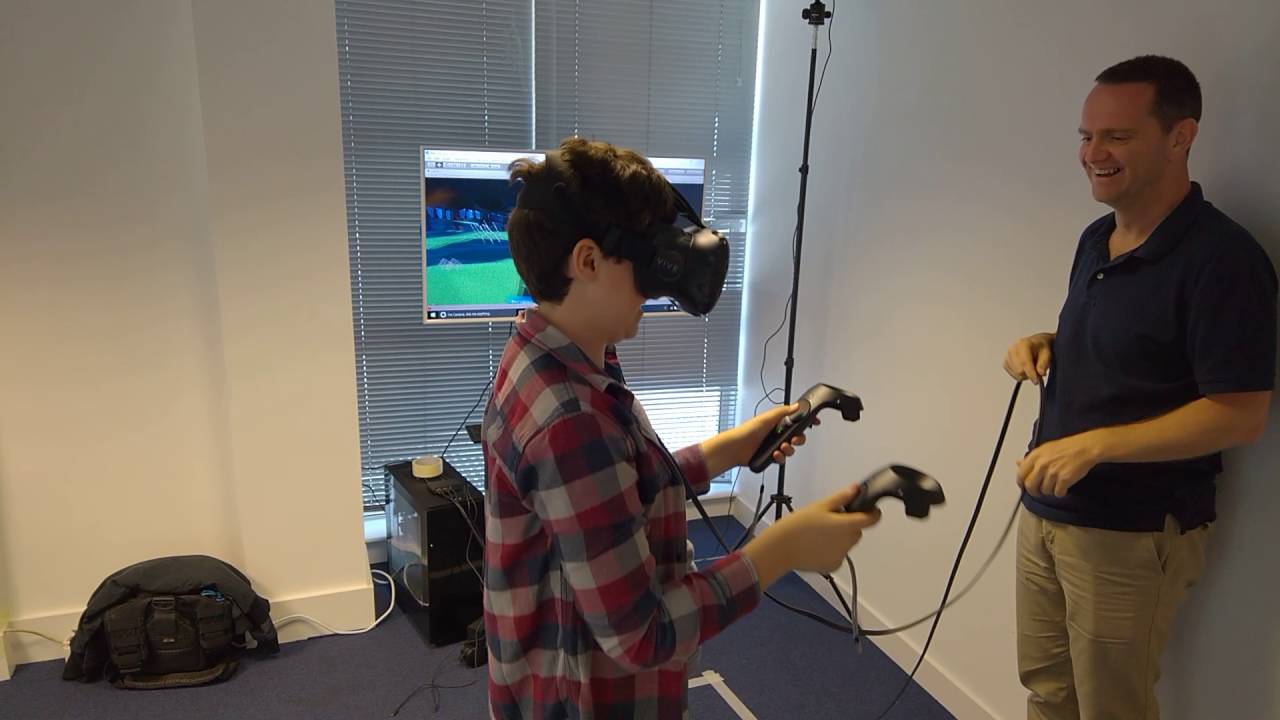Jul 11, 2016
Germs add ripples to make ‘groovy’ graphene
Posted by Karen Hurst in categories: biotech/medical, computing, engineering, nanotechnology, particle physics
Graphene, a two-dimensional wonder-material composed of a single layer of carbon atoms linked in a hexagonal chicken-wire pattern, has attracted intense interest for its phenomenal ability to conduct electricity. Now University of Illinois at Chicago researchers have used rod-shaped bacteria — precisely aligned in an electric field, then vacuum-shrunk under a graphene sheet — to introduce nanoscale ripples in the material, causing it to conduct electrons differently in perpendicular directions.
The resulting material, sort of a graphene nano-corduroy, can be applied to a silicon chip and may add to graphene’s almost limitless potential in electronics and nanotechnology. The finding is reported in the journal ACS Nano.
“The current across the graphene wrinkles is less than the current along them,” says Vikas Berry, associate professor and interim head of chemical engineering at UIC, who led the research.

